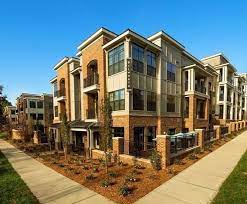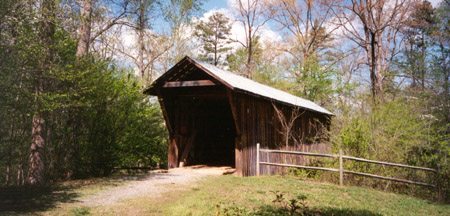As Charlotte grows larger, there have been increasing inventory woes in the region. There is now under a half-month supply of homes for sale. This is leading people to look further from the center of the city to find a home, leading to more urban sprawl. The new 2040 Comprehensive Plan that has been proposed could change all of that by eliminating single-family only zoning in addition to many other changes.
The Comprehensive Plan has been pitched as an aspirational guide for how Charlotte could grow over the coming years. The plan has many supporters and critics, but has time for community feedback and changes before it will be implemented.
One of the first things to know about the plan is that it will not eliminate single-family zoning. It will eliminate single-family only zoning. This means that new construction neighborhoods could be required to have a multi-family component which many of them are doing anyways with townhomes, condominiums, or apartments as part of the plans. It would also allow people with a single-family designation to add for instance a garage apartment for use as a rental unit or Airbnb to create a revenue stream.
The plan will also not affect existing neighborhoods unless there is a plan to tear down an existing home. There is a chance that a new structure could have multiple units instead of just building the same kind of housing in that space. This could mean that more neighborhoods could end up looking more like Dilworth or Elizabeth where there are residential buildings with multiple units throughout the neighborhoods. Most of those infill projects only have the space where a single-family dwelling stood so they are typically duplexes, triplexes, or townhomes.
This is an interesting way to try and bring in more density to the Queen City, and could mean more equitable neighborhoods. Right now many people are priced out of neighborhoods close in to town. This can be a problem with many lower income people having long commutes to work.
Much of this proposal is meant to help developers so they don’t get mired in the process of rezoning a property. This can slow down construction considerably especially in cases where community support is needed for the change. There have been some epic battles from residents when zoning changes occur if they do not agree with what a developer is trying to do.
This “Not In My Back Yard” or NIMBY attitude has held up construction in many cases. And in other cases it has caused a developer back to the drawing board to create a project that meets the needs of the community and not their pocketbooks. Opponents of the Comprehensive Plan are worried that they will no longer have a say in the new construction in their own neighborhoods. Many people are also concerned that residents could get pushed out of neighborhoods by developers wanting to tear down small houses.
Many of the neighborhoods closer to the center of town are walkable with housing and businesses together. The further out you go, the farther you have to travel to a grocery store, restaurant, or entertainment venue. If the zoning were to change, more services could be closer to where people live. This could be an interesting way to include people who have been historically excluded from entry to certain neighborhoods due to HOA’s, deed restrictions or covenants.
However, making these changes does not mean that close in neighborhoods will get any more affordable. Price alone could continue to keep separation between the haves and the have nots. This could continue the lack of diversity in some neighborhoods for years to come. This means that the plan may not do what community leaders hope, but without a plan, nothing will change.














